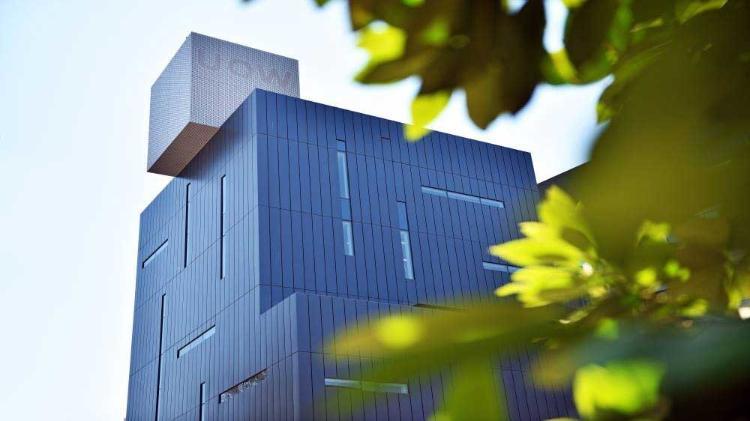Solutions to overcome the functional limitations of tissue culture models. This seminar is delivered by Dr Martin Engel (Inventia Life Science)

Molecular Horizons Seminar - Dr Martin Engel
-
-
-
Wollongong Campus
32.G01
Form follows function in biological evolution and has given rise to complex and diverse arrangements of cells across organisms to jointly perform a wide range of activities. Commonly used tissue culture models to study these organisms restrain the functional scope of the cells within them by the model form. While not all biological processes are affected equally, the form-restricting impact on the tissue model's function and its predictive validity has become problematic, particularly in the development of treatments against diseases. Several approaches are being established by us and others that incorporate primary effectors on cell function, namely cell-cell interaction, mechanical environment, and tissue architecture, for the next generation of tissue cultures with fewer functional limitations. To achieve this, each approach to overcome the form barrier to cell function is striking a different balance between the dimensions of complexity, usability, reproducibility, and predictive validity. While no single tissue culture solution will fully recapitulate the function-driven form environment established over millennia of organism evolution, it is essential to make an informed model choice to confidently derive valuable biological insights.